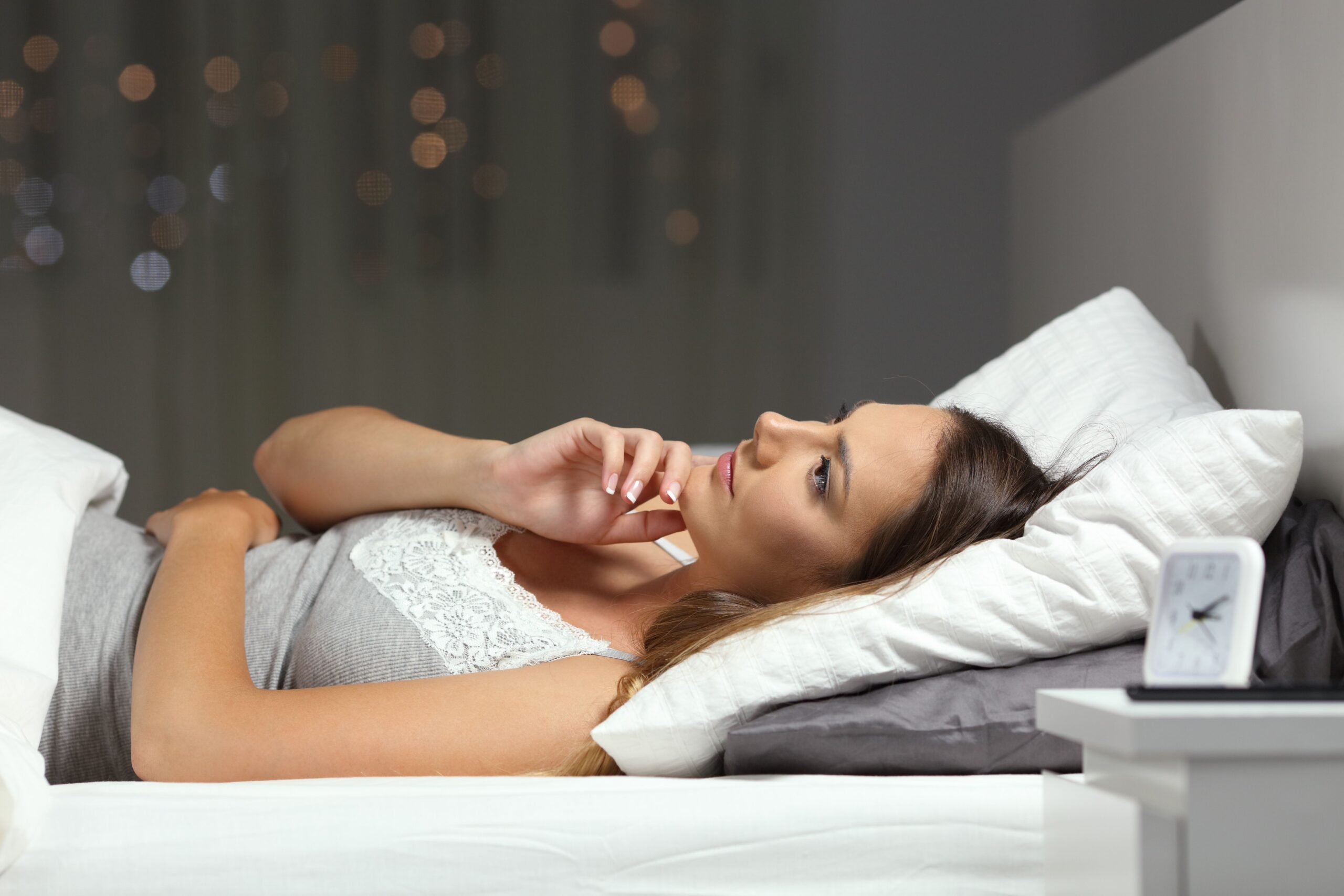Sleep During Covid-19
By Daniel Rifkin, MD, MPH and Quinn Rifkin
Life has gotten crazy during COVID. Masks, no handshakes or hugs, and safe physical distancing is our strange new reality. An invisible force has seriously altered our waking and sleeping lives, as people report more bizarre dreams.
No one knows why we dream. Some researchers say dreams have no purpose, others say they are crucial for mental and emotional health. Researchers who woke people as they were drifting into REM sleep found that people prevented from dreaming had more anxiety, depression, and weight gain, as well as lack of coordination and difficulty concentrating. Our most vivid dreams occur during the REM sleep phase (Rapid Eye Movement) when our brains are most active.
Despite the fact that most of us dream four to six times nightly, our body protects us by having us forget these dreams, so as not to confuse them with our real memories. The famous neurologist and founder of psychoanalysis, Sigmund Freud, believed dreams offered a glimpse into our subconscious thoughts, ordinarily repressed by our conscious minds.
Spending more time at home during COVID-19 has resulted in a 20 percent increase in our sleep time. Many of us are waking up later, eating breakfast later, and working or doing chores later. Sleeping more means dreaming more, and people are reporting that that their dreams are more vivid and easier to remember. A May 2020 sleep standards survey of 1,000 dreamers reveals that 87 percent of Americans are experiencing unusual dreams since the pandemic. Dreams, nightmares, and sleep disturbances are common during traumatic times, including during the 9/11 attacks. Scientists say this is due to people sleeping more and experiencing longer periods of REM sleep following sleep deprivation. Waking up is required for remembering dreams, so the more we wake up during the night, the more we remember our dreams.
REM atonia, a protective measure that causes loss of muscle tone, prevents us from acting out while dreaming. However, it also makes us susceptible to Obstructive Sleep Apnea (OSA), a serious condition where the throat muscles loosen or collapse, block our airways, and interrupt our sleep and dream memory. COVID-19 has also resulted in increased stress, which also affects sleep. Many people are consuming more alcohol, which blocks REM sleep and causes a rebound effect on evenings alcohol is not consumed, leading to more nightmares.
People often like to figure out what their dreams mean. Some even maintain dream journals to help foster stability during these uncertain times. Hopefully, this time of intense weird dreams will end once we resume more normal routines and increased social interactions with friends and loved ones. As John Lennon said, “You may say I’m a dreamer, but I’m not the only one. I hope someday you’ll join us, and the world will live as one.”
Daniel I. Rifkin, MD, MPH is Founder and Medical Director of Sleep Medicine Centers of WNY (www.sleepmedicinecenters.com). Learn about various sleep disorders at https://ognomy.com, where you can schedule an appointment and arrange for a home sleep test or call 716-92-DREAM. Quinn Rifkin is a Literary Studies major at Middlebury College in Vermont who loves to read and dream!











